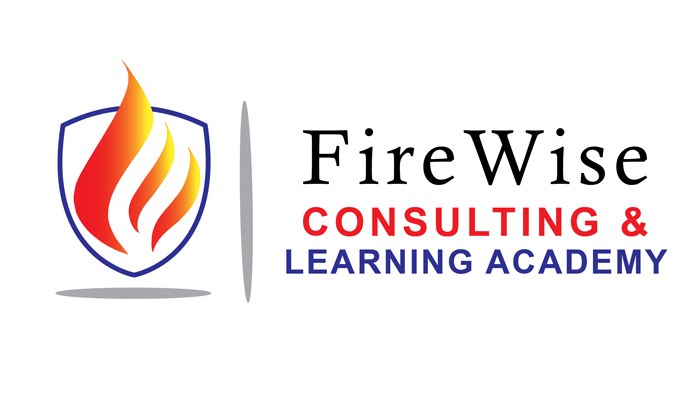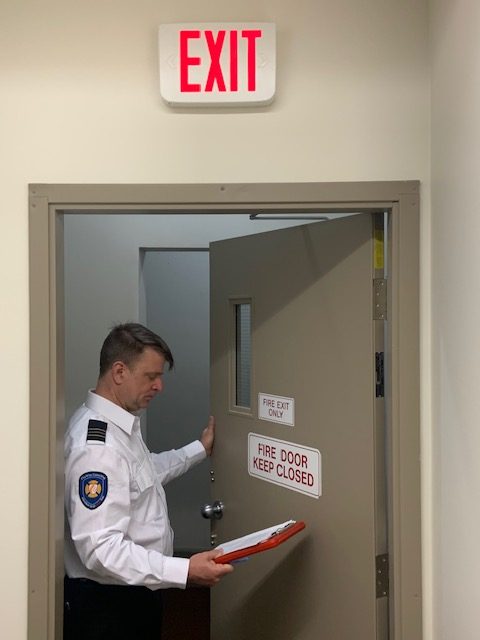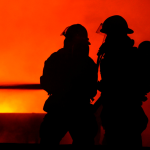How to Become a Fire Prevention Officer: Fire prevention officers and fire inspectors play a key role in ensuring fire and life safety. This position includes tasks such as inspecting buildings to ensure compliance with fire prevention regulations, investigating fires to determine the origin and cause, and developing educational programs for property owners, fire prevention officials, and community members. Starting your career as a fire prevention officer involves a strategic approach to building your skills and attaining the necessary qualifications. Before starting your journey, it’s essential to gain an understanding of the responsibilities that this role will require of you and the path to achieving success.
Where to Begin
Understanding the role of a fire prevention officer or fire inspector is the first step toward starting down this career path. You will require knowledge of building construction and active fire protection systems like fire alarms and sprinkler systems. You will also require knowledge of passive fire prevention systems like fire separations and fire-rated construction assemblies. Fire prevention officers also need a working knowledge of the relevant acts, codes, and standards governing fire prevention in their jurisdictional area.
Fire inspectors are often involved with fire investigation to determine the origin and cause of a fire. Determining the cause of the fire may prevent future fires from occurring. Having introductory knowledge of fire investigation can be gained online and this knowledge can enhance your resume when applying for positions.
If your desire is to transition from a firefighting role to fire prevention, participating in a company inspection program is a great learning opportunity. It will help you gain the basic skills required to identify and eliminate potential fire hazards before they become life-threatening.
Your career journey from a firefighter to a fire inspector often starts with foundational courses. At FireWise, we recommend starting with our Company Inspection Program. This 8-hour online course provides a cost-effective introduction to fire inspections and a glimpse into the daily responsibilities of a Fire Prevention Officer.
Fire Inspector and Investigator Programs
Once you’ve completed the Company Inspection Program and find yourself looking to expand your knowledge, consider enrolling in Fire Inspector and Fire Investigator programs. These programs will offer you the behind-the-scenes experience to grow professionally and further develop your knowledge and skills to review and process plans, conduct complex inspections, respond to complaints, and make informed recommendations based on the codes you enforce.
Gaining Practical Experience
While courses provide valuable theoretical knowledge, practical experience is equally important. Reach out to your local fire department to explore opportunities for involvement. Volunteer roles, especially in departments with volunteer or paid-on-call positions, can offer hands-on experience and a chance to apply your knowledge in real-life scenarios.
Preferred Experience
The field of fire prevention is competitive, so consider the following to gain the preferred experience and qualifications:
- Technical Skills
Become skilled in the operation of Microsoft Office programs and gain a working knowledge of data-based systems. Previous fire prevention, fire investigation or code experience is also helpful.
- Communication Skills
Develop confidence and experience in public speaking, an important part of educating the community on fire safety.
- Community Involvement
Engage with your community and seek volunteer experiences to improve your skills and build rapport.
- Specialized Knowledge
Gain knowledge of building construction, wiring, heating systems, mechanical systems, industrial processes including chemical reactions, and the dangers of flammable and combustible materials and liquids.
Preferred Qualifications
Additional qualifications that will be required include:
Educational Background
While not mandatory, completing a post-secondary program in Fire Protection Technology or Fire Engineering can set you apart.
Life Safety Educator Certification
Consider obtaining the Fire and Life Safety Educator 1 certification to NFPA 1035 or an Adult Education Diploma or Teaching Certificate.
Driver’s Abstract
Ensure a current Driver’s Abstract indicative of responsible operation accompanies your application.
To further improve your qualifications, FireWise has built the following courses. Developed by fire chiefs and fire professionals, these courses are worth considering as they provide real-life examples, and the content is based on in-the-field experiences:
Fire Inspector Certification
FireWise offers a Fire Inspector l, Fire Inspector ll and a Fire Inspector I & II Combined course certified to the NFPA 1031 Fire Inspector Standard.
Fire Origin and Cause Certification
FireWise offers a Fire Investigation Origin & Cause Level I and Level II course certified to the NFPA 1033 Fire Investigator Standard, which is available entirely online.
Summary
You can confidently step into this fulfilling role by starting with foundational courses, building on your knowledge with advanced programs, and gaining practical experience. If you have any additional questions, please feel free to send us an email at training@firewiseconsulting.com.






